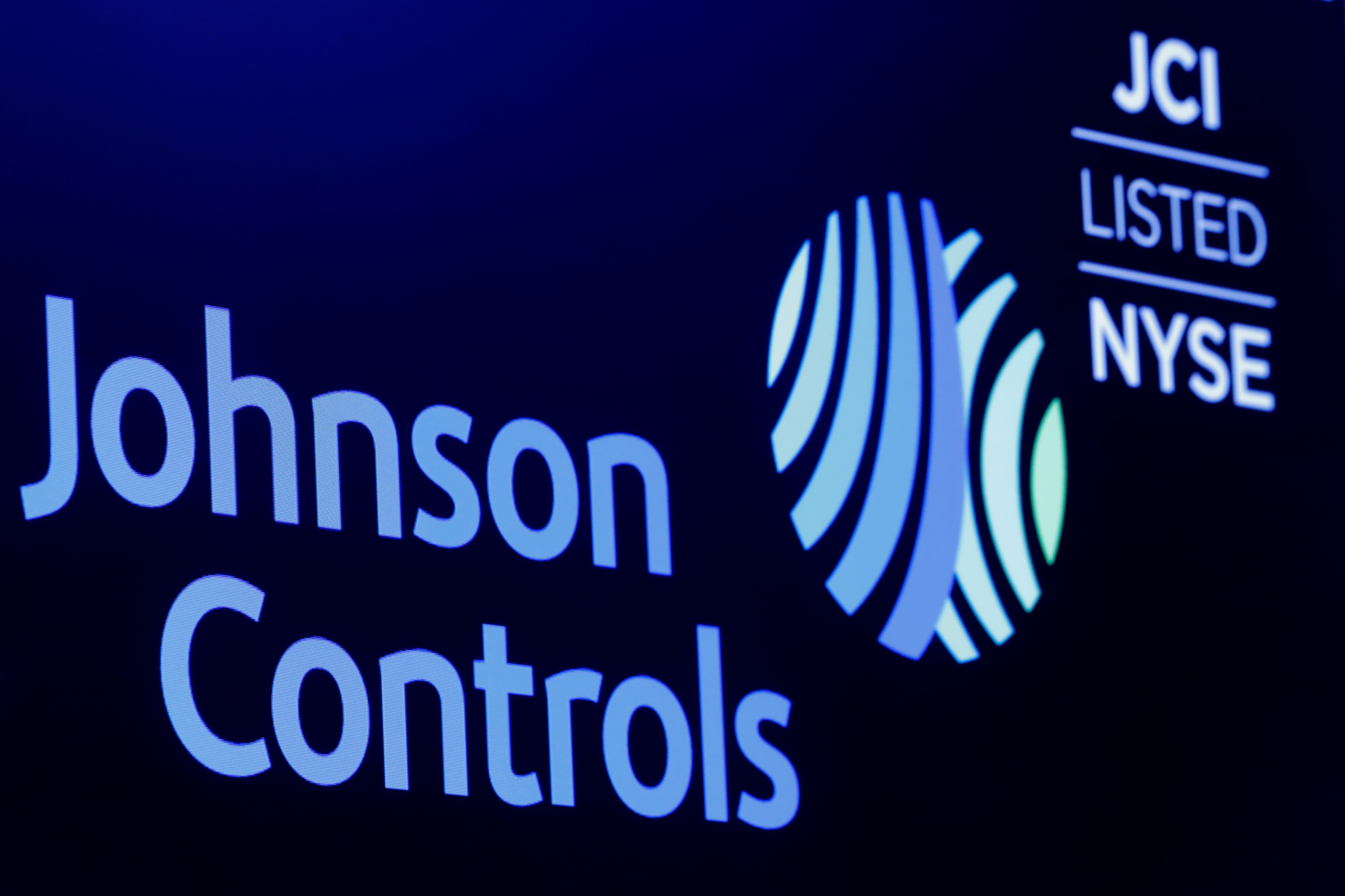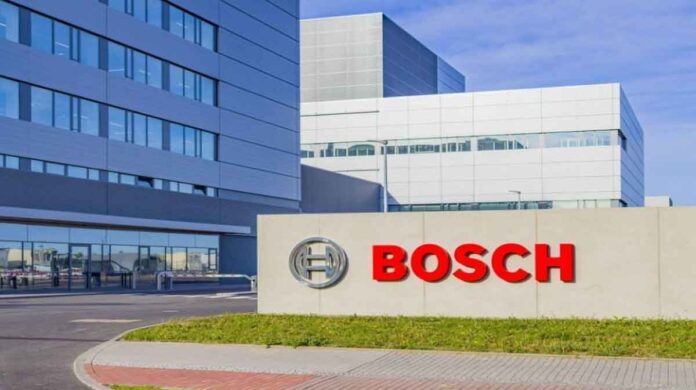Amid a challenging economic environment, Bosch, one of the world’s leading suppliers of automotive components, has announced the layoff of 7,000 employees, primarily affecting its German workforce. The news signals the difficulties that Bosch and other major European companies are facing in the current economic climate. Despite recording impressive revenue of $98 billion in 2023, Bosch has struggled to meet its economic targets for 2024, leaving CEO Stefan Hartung to admit that further job cuts might be inevitable.

Why Bosch Is Facing Financial Strain
Bosch, which has long been a pillar in the automotive and industrial equipment sectors, is experiencing financial strain due to multiple factors. While it has maintained a global reputation and holds a significant share in automotive and consumer electronics, the company’s return on sales is expected to drop from 5% in 2023 to a projected 4% in 2024. Hartung has set an ambitious goal of achieving a 7% return on sales by 2026, but meeting this target may require further restructuring.
The automotive industry in Europe is under significant pressure due to weakening demand, rising operational costs, and the transition to electric vehicles (EVs). Bosch, with its core operations tied to traditional auto manufacturing, is particularly vulnerable. Layoffs in the automotive supply sector, tools division, and BSH subsidiary reflect Bosch’s attempts to cut costs and adapt to shifting market demands.

The Scope And Impact Of Bosch’s Layoffs
Bosch’s decision to lay off 7,000 employees is not an isolated incident but part of a series of job cuts that the company has been making worldwide. The layoffs affect not only Bosch’s automotive supply division but also its tools and household appliances sectors. This comprehensive restructuring indicates that Bosch’s challenges extend beyond the automotive industry and hint at broader issues impacting its overall business model.
For the affected employees, particularly in Germany, the layoffs mark a significant economic blow, as Bosch has been one of the country’s prominent employers. In the short term, these layoffs may help Bosch reduce operational costs, but in the long run, they could also affect the company’s reputation and its ability to attract top talent. Given the uncertainty surrounding the company’s financial outlook, CEO Hartung has not ruled out the possibility of further layoffs if Bosch fails to meet its revised economic targets.
Bosch’s Strategic Acquisition Of Johnson Controls
Amid these cutbacks, Bosch is also pursuing a bold acquisition strategy. The company is reportedly planning to acquire the Irish company Johnson Controls in a deal valued at around $8 billion. This acquisition, one of the largest in Bosch’s history, is intended to bolster its presence in the heat pump and air conditioning sectors, areas that are seeing rising demand due to a global push for sustainable energy solutions.

The acquisition of Johnson Controls is a calculated move to diversify Bosch’s portfolio and reduce its reliance on the automotive sector. By expanding into the heating and cooling industry, Bosch aims to capitalize on the growing demand for energy-efficient solutions, especially as regulatory pressures around carbon emissions continue to rise. However, the acquisition also comes with financial risks, as integrating such a large company into Bosch’s operations could pose challenges in the short term. Nevertheless, this strategic investment could pay off if it enables Bosch to access new markets and revenue streams.
Broader European Auto Industry Struggles
Bosch’s financial struggles are emblematic of a larger issue facing Europe’s auto industry, which is dealing with shrinking profit margins, high labor costs, and increasing competition from global players. Volkswagen, Europe’s largest car manufacturer, recently reported a significant drop in profits, hitting a three-year low. To counteract these financial losses, Volkswagen is considering cost-cutting measures, including potential plant closures and wage reductions, sparking discontent among its workforce.
The downturn in the auto industry is particularly concerning for Europe, where it plays a vital role in the economy. Germany, in particular, relies heavily on its automotive sector, and any downturn in companies like Bosch and Volkswagen has ripple effects throughout the economy. The sector’s transition to electric vehicles has compounded these issues, as traditional carmakers struggle to keep up with tech-driven competitors like Tesla.
Bosch’s Path Forward: Balancing Cost-Cutting With Innovation
While layoffs may be necessary in the short term, Bosch must find a balance between reducing costs and investing in innovation if it is to remain competitive. The transition to electric and autonomous vehicles, combined with growing demand for energy-efficient solutions, requires companies like Bosch to rethink their strategies. Diversifying into sectors such as heating and cooling through acquisitions like Johnson Controls is one step in that direction, but Bosch will also need to invest in new technologies within the automotive sector.
Bosch’s focus on developing electric and hydrogen fuel cell technology could provide new growth avenues, though these projects require significant R&D investments. To achieve its goal of a 7% return on sales by 2026, Bosch must adapt quickly to market changes and continuously innovate, particularly in areas that align with environmental sustainability.
Conclusion: Can Bosch Overcome Its Financial Challenges?
The recent layoffs at Bosch underscore the company’s urgent need to restructure and adapt to a challenging market environment. The pressures facing Bosch reflect the broader struggles of the European automotive industry, as traditional manufacturers adjust to technological and regulatory changes. Bosch’s pursuit of strategic acquisitions, such as its planned purchase of Johnson Controls, shows that the company is aware of the need for diversification. However, the success of this strategy depends on effective integration and continued innovation.
CEO Stefan Hartung’s acknowledgment that more layoffs could be on the horizon suggests that Bosch’s financial difficulties may not be over. While cost-cutting measures might help in the short term, Bosch’s long-term success will depend on its ability to invest in emerging markets and technologies. The company’s ambitious target of a 7% return on sales by 2026 sets a high bar, and achieving it will require a delicate balance of workforce management, strategic investments, and technological advancements.
For Bosch, the road ahead is challenging but not insurmountable. With strategic acquisitions and a focus on sustainable solutions, Bosch has the potential to navigate its current financial challenges and emerge stronger in the years to come.

